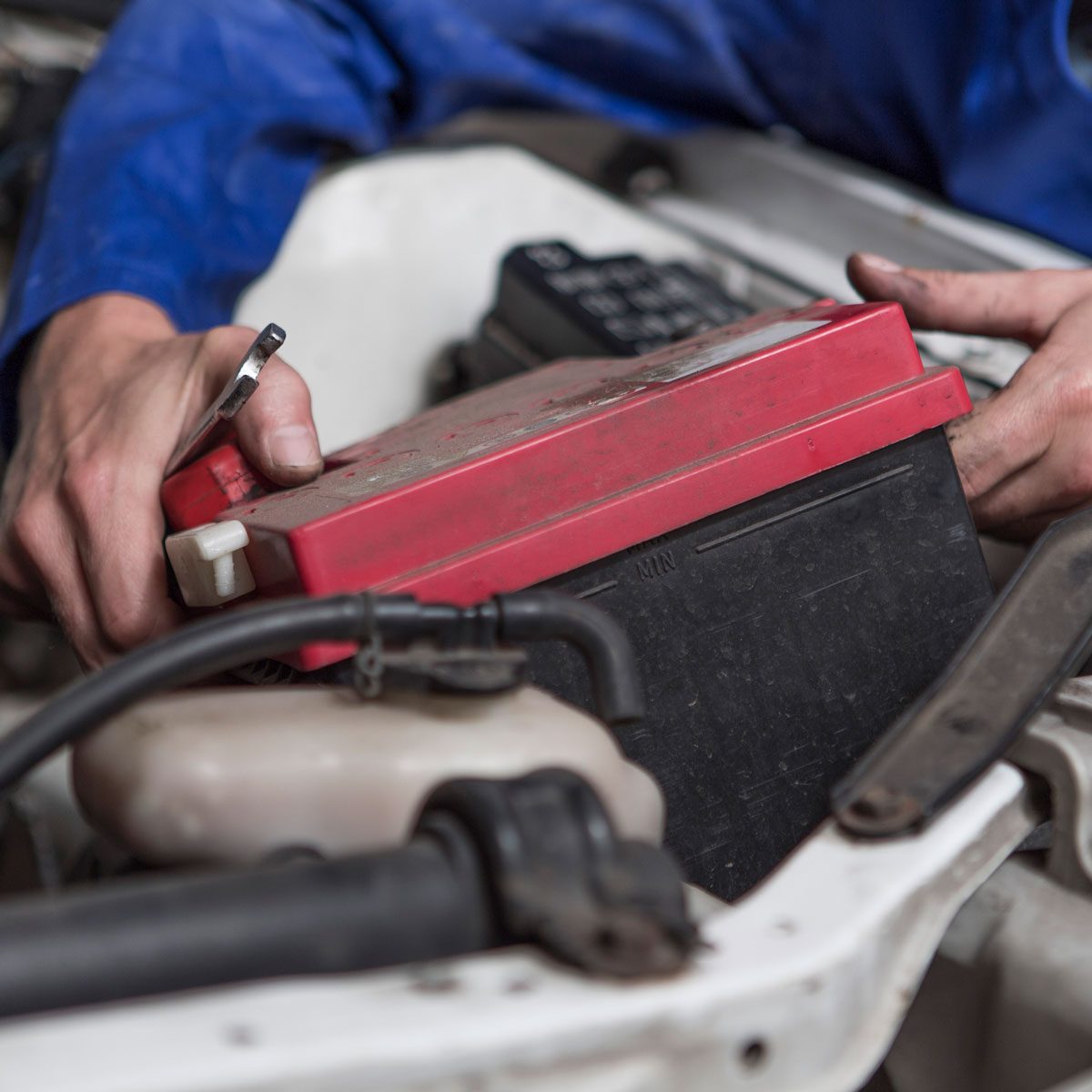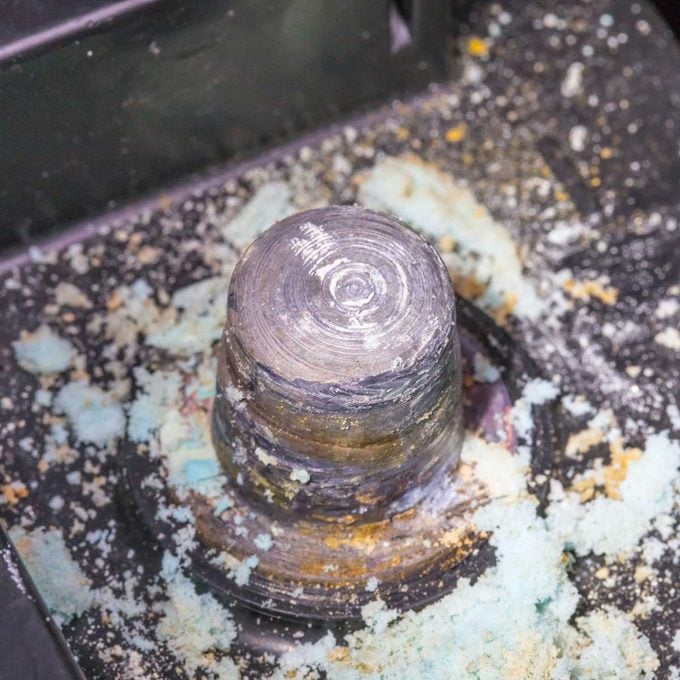A dead car battery is frustrating, but it helps to know the cause. If you're not sure why your car battery keeps dying, here are six possibilities.

Why Does My Car Battery Keep Dying?

A dead car battery can be disheartening, especially if it leaves you stranded. If it happens repeatedly, your battery or alternator may need replacement. Understanding what caused the battery to discharge can help you prevent it from happening again.
On This Page
Accidental Discharge
Internal or external car lights left on by mistake can drain your battery. If your vehicle doesn’t shut these off automatically and you park your car out of sight — like in a garage — this could explain your dead battery.
Too Many Short Trips
Your battery provides power to the starter motor when you turn the key so your vehicle can start and run. Once the car is running, the alternator continuously charges the battery so it’s in top form the next time you start the vehicle. Trouble is, really short trips may not give the alternator enough time to recharge the battery. If you make lots of those, work in a longer trip once in a while to avoid this battery issue.
Cable Corrosion

No matter how new your battery, if the cables are dirty or corroded, they won’t carry electricity to the starter motor and your car won’t start. To check this, lift your car’s hood, then carefully disconnect and inspect the cables, making sure to disconnect the wire from the negative cable first to avoid a potential short. The contact surfaces of both cables should be clean and corrosion free. If not, use sandpaper or a small wire brush to fix the problem.
Electrically Taxing Modifications
If your battery is working properly, it should put out 14 to 14.7 volts when the engine is running. If you’ve recently upgraded your vehicle with electrically taxing components such as a heavy-duty sound system, extra-bright headlights or running board lights, it’s possible the increased electrical draw makes it harder to keep your battery charged.
Failing Battery
If your battery has been run dead too many times, has too much internal sediment buildup or is simply too old, it may be losing its ability to hold a charge. This means as soon as you turn off the engine, the battery starts discharging on its own even if the alternator works fine. When this happens, it’s time for a new battery.
Failing Charging System
If you know your battery’s good and there’s no obvious reason it’s dying, the alternator and charging system could be at fault. When alternators fail and need replacement, the battery won’t stay charged for long. Most people prefer to have their alternators replaced by a professional, but with a little knowledge and elbow grease, you can buy a new alternator and install it yourself.




















